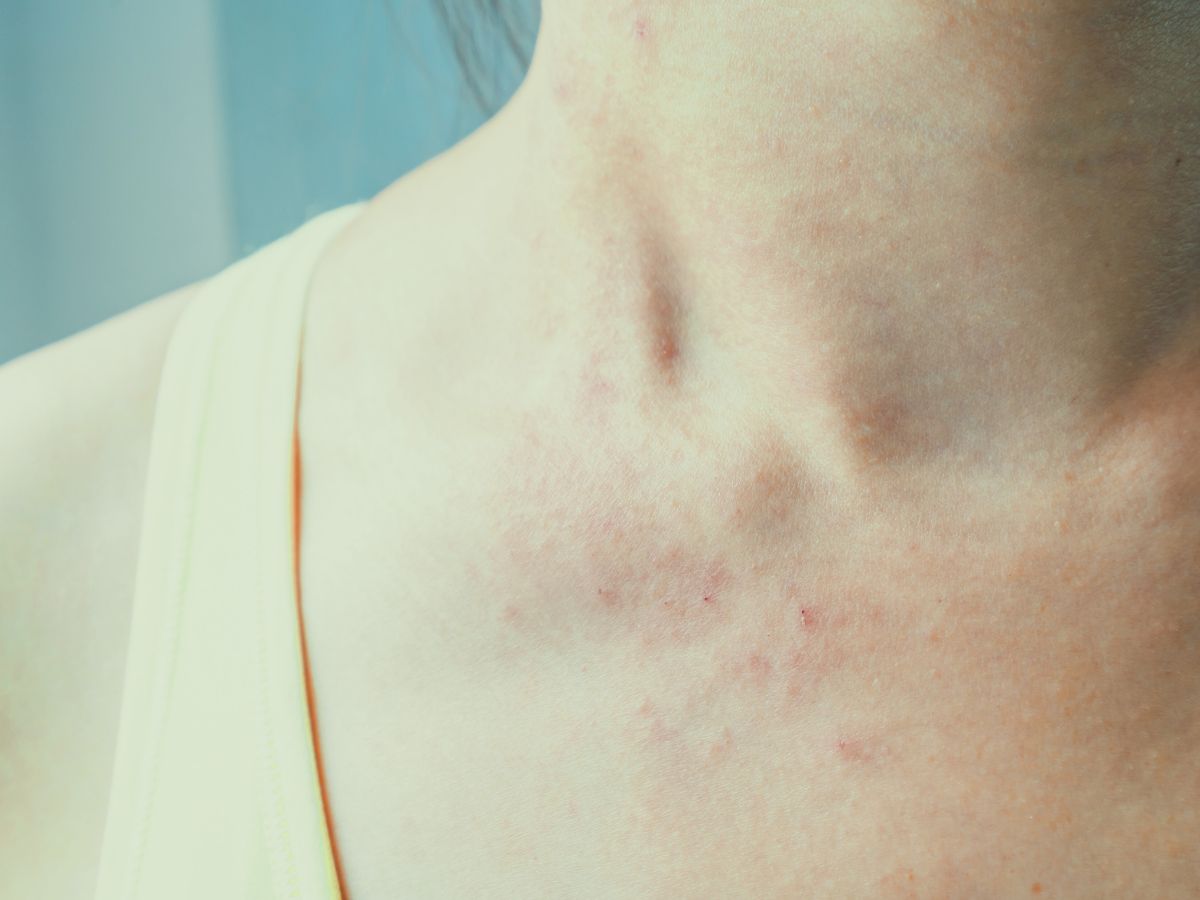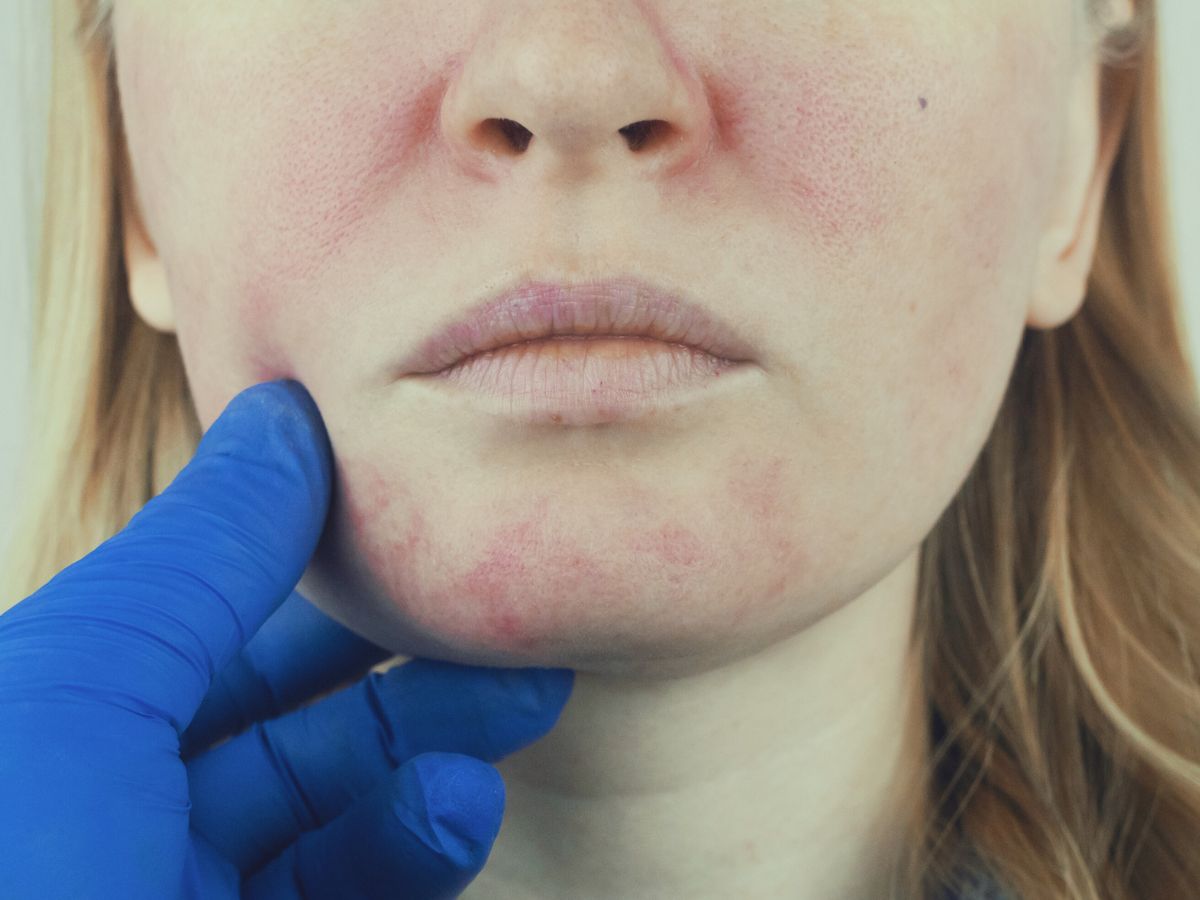What Are Skin Cancers and Precancers?
Skin cancer is more likely to develop on sun-exposed areas of the skin, especially in individuals with lighter skin tones. A family history of skin cancer also increases the risk. Early diagnosis and treatment of skin cancer are crucial for a positive prognosis. Actinic keratosis, commonly known as solar keratosis, is the most prevalent type of precancerous condition characterized by rough, scaly patches that develop due to prolonged exposure to ultraviolet rays from the sun or indoor tanning.
There are three primary types of skin cancer: melanoma, basal cell carcinoma (BCC), and squamous cell carcinoma (SCC). Each type is named based on the specific skin cell it affects. Basal cell carcinoma develops from cells at the base of the epidermis, while squamous cell carcinoma affects the upper layers of the skin. Melanoma, the most aggressive form of skin cancer, targets the pigment cells and typically appears as a black or brown mole.
At VivaSkin Dermatology and Aesthetics in Wellesley, MA, we offer the most advanced and effective skin cancer treatments available. Our experienced team is dedicated to providing comprehensive care for skin cancer patients. Contact us to schedule a consultation and learn more about our specialized treatments for skin cancer.
What Are the Available Treatments for Skin Cancers and Precancers?
The specific treatment options for skin cancers and precancers will depend on various factors such as size, location, depth, stage, and type of the condition. At VivaSkin Dermatology and Aesthetics, we offer a range of effective treatment methods tailored to individual needs. Here are some of the skin cancer treatments available:
- Mohs surgery: This highly effective technique involves removing the cancerous growth layer by layer, with each layer examined microscopically on-site. Mohs surgery is particularly beneficial for many types of skin cancer due to its meticulous approach.
- Cryosurgery: Liquid nitrogen is used to freeze and destroy abnormal tissues, making it an efficient option for certain cases.
- Surgical excision: Smaller and accessible skin cancers can be removed through surgical excision. The area is numbed with local anesthesia, and the cancerous tissue is excised using a scalpel. Small excisions can be directly closed with sutures, while larger excisions may require a skin graft for wound closure.
- Laser therapy: Laser treatment is primarily utilized for actinic keratoses, and it can be combined with topical treatments to effectively target both cancerous and precancerous skin lesions.
- Topical treatments: Creams, gels, or ointments can be applied to treat precancerous cells or skin cancer, depending on factors like the site, size, and diagnosis of the condition.
Your dermatologist will assess your specific situation and recommend the most suitable treatment approach for you. Contact us at VivaSkin Dermatology and Aesthetics to schedule a consultation and discuss the available options for treating skin cancers and precancers.
Protect Your Skin
To minimize your risk of developing skin cancer, it is crucial to practice sun protection measures, including avoiding excessive sun exposure, consistently using broad-spectrum sunscreen, and undergoing regular skin cancer screenings. It is recommended to have screenings at least once a year, or twice a year if you have a family history or personal history of skin cancer. Taking proactive steps to protect yourself and your loved ones is essential. If you require expert dermatological care, Dr. Pomerantz at VivaSkin Dermatology and Aesthetics in Wellesley, MA is available to provide comprehensive exams, detection, and treatment as an experienced specialist. Contact us to schedule an appointment and prioritize your skin health.





